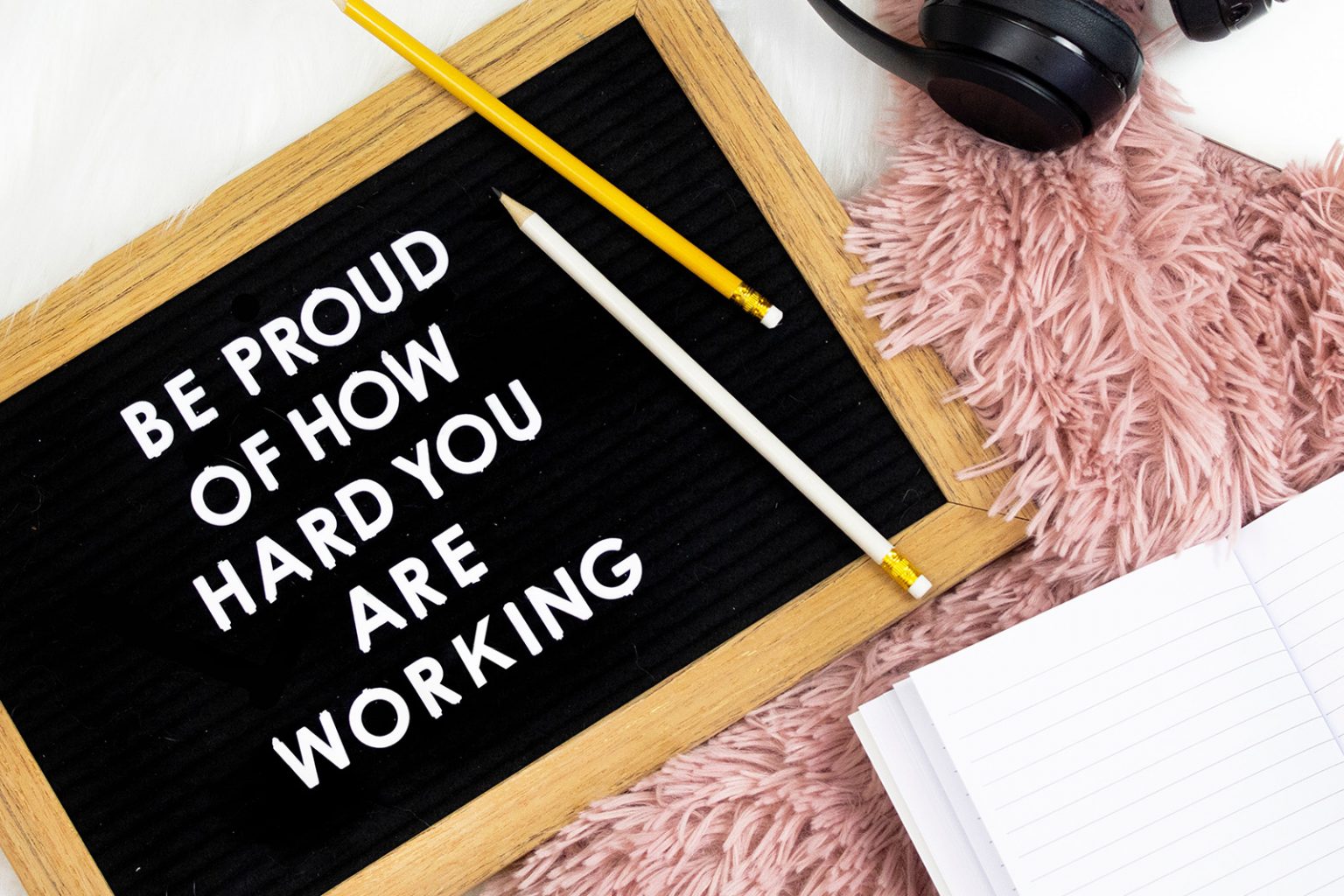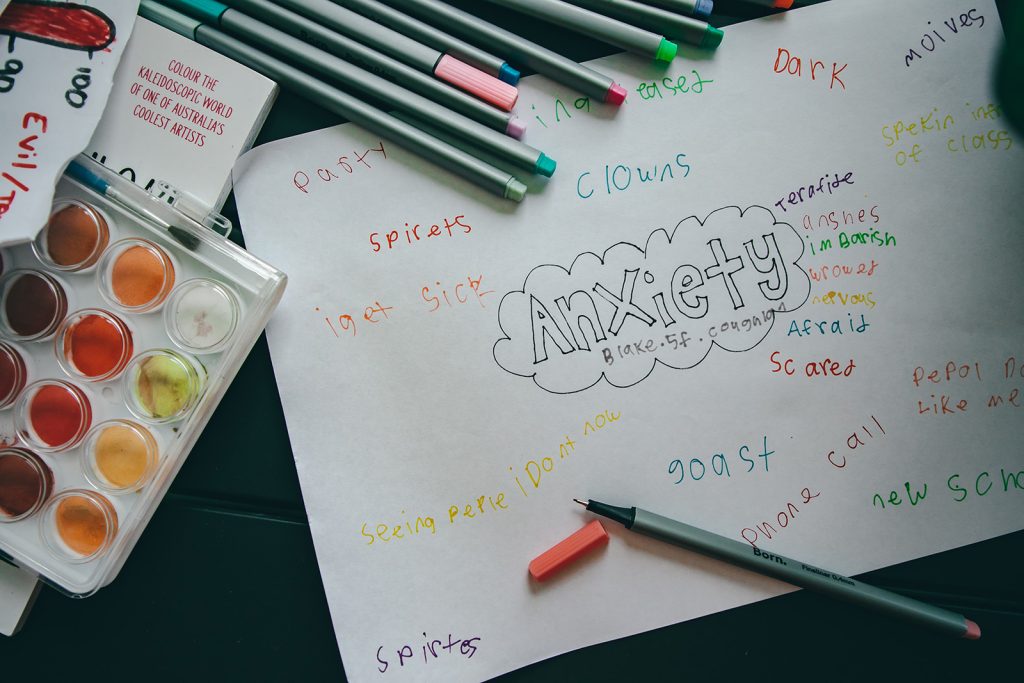What It’s Like to Work with Chronic Illness
It’s 6 AM and your alarm is going off. You hit the snooze button, hoping for a few more minutes of sleep before you drag yourself out of bed. This is a morning routine most people are familiar with. But for workers with chronic illness, it can look very different.
I start every day feeling like I’d already run a marathon and been hit by a truck as I crossed the finish line 
The World Health Organization (WHO) defines a chronic illness as “any illness that leads to health problems and disabilities requiring ongoing management for a period of years.” Chronic illnesses are tough and unpredictable. We never know when they are going to flare up. But even dealing with the speed bumps and detours that come along with an illness, many of us want to contribute to society and also earn a stable income that helps us get off government programs and assistance. For some people, they were forced to stop working only because of a health condition.
Why It’s So Hard to Work With Chronic Illness
In many cases, chronic illness limits how much you can get done in a day. You start with limited energy levels, and when you add in things like chronic pain, immune problems, and depression, everyday tasks can drain your energy before you even get to work.
Pain can manifest in different ways – anything from standard abdominal pain to joint pain to “I cannot move because every nerve is firing off at once” pain.
Learning to manage your energy levels is essential when living with chronic illnesses. You get used to checking in with your body, assessing how much any activity will cost you, and creating a kind of energy budget to figure out exactly what you can get done without pushing your body past its breaking point. But what happens when there’s just no way to balance the budget?
Finding the right job can be challenging when you have a chronic illness that requires constant monitoring and flexibility. It’s especially complicated where most companies still don’t offer resources beyond a few days of sick days each year for managing acute conditions like the flu or a cold.
Companies willing to hire people with chronic illnesses or disabilities and see their value can truly be a life-preserver for a person who wants to contribute.
Financially I cannot call in sick every time I feel symptoms or anytime I am experiencing a bad pain day. Most of the time I have to work through them. Not ideal, but there is not much I can do about it.
Chronically ill employees often end up going into energy debt trying to keep up with what’s expected of them. Pushing your limits is often seen as a way of committing to your own personal development, but it can have a serious negative impact on your personal life and health.
A chronic illness is unpredictable and can be particularly difficult to manage if you’re a person with an inflexible, full-time office job. That’s partly because many chronic illnesses, like depression or fibromyalgia, are relatively invisible, which can lead to stigma and questions about the validity of a person’s condition.

No, We’re Not Just Lazy and Incompetent
When your illness is invisible, you often face doubt from colleagues. Sadly, it isn’t uncommon for someone with chronic illness to be ridiculed or labeled as unmotivated or lazy, or not wanting to work so they can “live on assistance.”
I was told so many times I was being overdramatic, that I am too young to feel this way, that other people have it worse – and of course, the classic It’s all in my head.
One day I am fully capable of a task while the next day I struggle with generally simple things like getting dressed.
When you’re chronically ill, it often feels like doubt rules your life. People doubt that you’re sick. They doubt how hard you’re trying. They doubt that you’ll follow through on your commitments.
Those of us suffering from chronic, invisible illnesses are often told, “but you don’t look sick.” This sentence could be interpreted as a compliment, but the tone in which it’s delivered is rarely complimentary. It usually sounds more like an accusation, like we’re faking it or being wimpy. And I get it — we already look pretty normal, chatting about anything but our bodily agony — it’s confusing for people on the outside but Hey I’m not faking being sick I’m faking being well
The truth be told, the majority of the time we really are “faking it”… just not as people think. We are pros at faking being well or being healthy. These illnesses have affected our daily routines, our quality of life, and even our relationships with friends and family. For that reason, we tend to grasp at anything that makes us feel “normal.”
When I’m able (or required) to get out of the house, I don’t go out in sweatpants and a t-shirt (although leggings have become a staple in my wardrobe). I dress up when I can, and if it fits the occasion. Any other time, I’m adamant about looking decent and matching my clothes and shoes. When time (and energy) permits, I wear makeup. It makes me feel better… more confident… and I want to be (or appear to be) a “normal” person – even if only for a little while.
It would be nice having help and support when I need it, through employers, friends, and family. Support can make all the difference to someone faced with chronic illness.
So when you encounter someone with chronic illness and they “don’t look sick,” please just be happy for them! 





